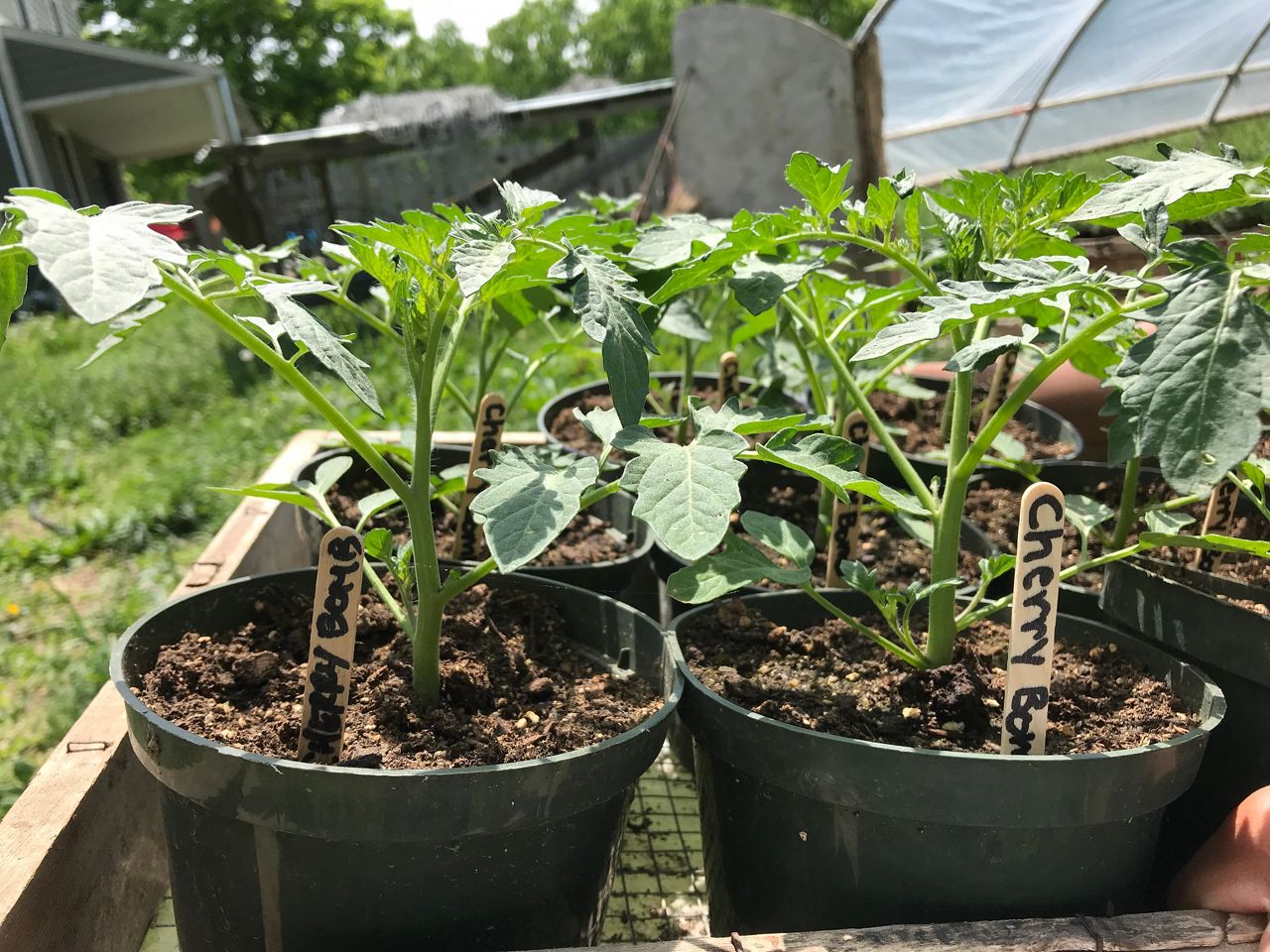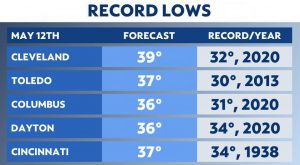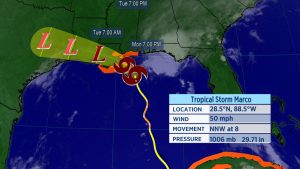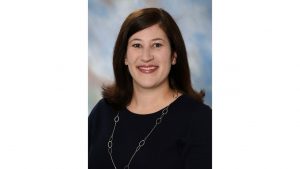What You Need To Know
- The 30-acre Trapp Family Farm is a Countryside Initiative Farm, training interns on site as part of the New Farmer Academy in the Cuyahoga Valley National Park
- Countryside is a nonprofit organization the park service established in 1999 to rehabilitate and lease the park’s original farmsteads
- Mark and Emily Trapp have farmed the site sustainably since 2012, using draft horses to pull the plough
- New Farmer Academy interns work with livestock and learn about food production on the back-to-basics farm
But it’s the massive beasts — Doc and Dan — standing quietly in a feeding stall near the driveway that grab your attention. The glossy chestnut-colored draft horses look identical but they aren’t related, said farmer Mark Trapp.
Their astonishing size makes sense when you understand these beasts power Trapp’s plow.
Trapp Farm is a Countryside Initiative farm in the Cuyahoga Valley National Park. Countryside is a nonprofit that partners with the Cuyahoga Valley National Park, leasing existing farmsteads in the park to locals who practice sustainable farming and interact with the public.
It’s also a mentor farm in Countryside’s New Farmer Academy. The academy is a hands-on internship program that gives students experience working on farms, both in the national park and outside its borders.
“The farmers have to be willing to train and educate the interns and in exchange, they get additional labor, so it’s helpful for them,” said Countryside CEO Tracy Emrick. “But it’s also really great for the intern to have that sort of real-world experience. They all come in with different ideas.”
The interns are paid a small hourly rate, making it a more feasible opportunity, Emrick said. They average 30 hours per week, with Countryside organizing their academy schedules around family and work obligations.
Trapp Farm, like the nine other operating farms in the Countryside Initiative program, dovetails naturally with the essence of the national park, which aims to conserve land for people to use and enjoy, Emrick said. And many of the farms, although smaller, are substantial food producers.
Life on the Farm
A few days a week at the Trapp Farm, first-year intern Dylan Leipold and second-year intern India Nunn are working with livestock and learning about food production on a farmstead that’s more back-to-basics than most.
With chicken, geese, sheep and an array of organic crops, Trapp takes sustainability seriously.
Formerly a mechanical engineer with a degree from Carnegie Mellon, Trapp said he was inspired to become a farmer practicing sustainability years ago after reading “The Omnivore’s Dilemma.” The book by Michael Pollen explores society’s food choices, and how they impact the environment and animals.
That led Trapp to discover, and become inspired by, Anne and Eric Nordell of Beech Grove Farm in Trout Run, Penn. The couple are legendary in the world of organic farming. Plowing with horses, rotating crops and avoiding irrigation, Beech Grove Farm has been certified organic since 1988.
This life appealed to Trapp.
“I liked working outside,” Trapp said. “I did not like the idea of being inside.”
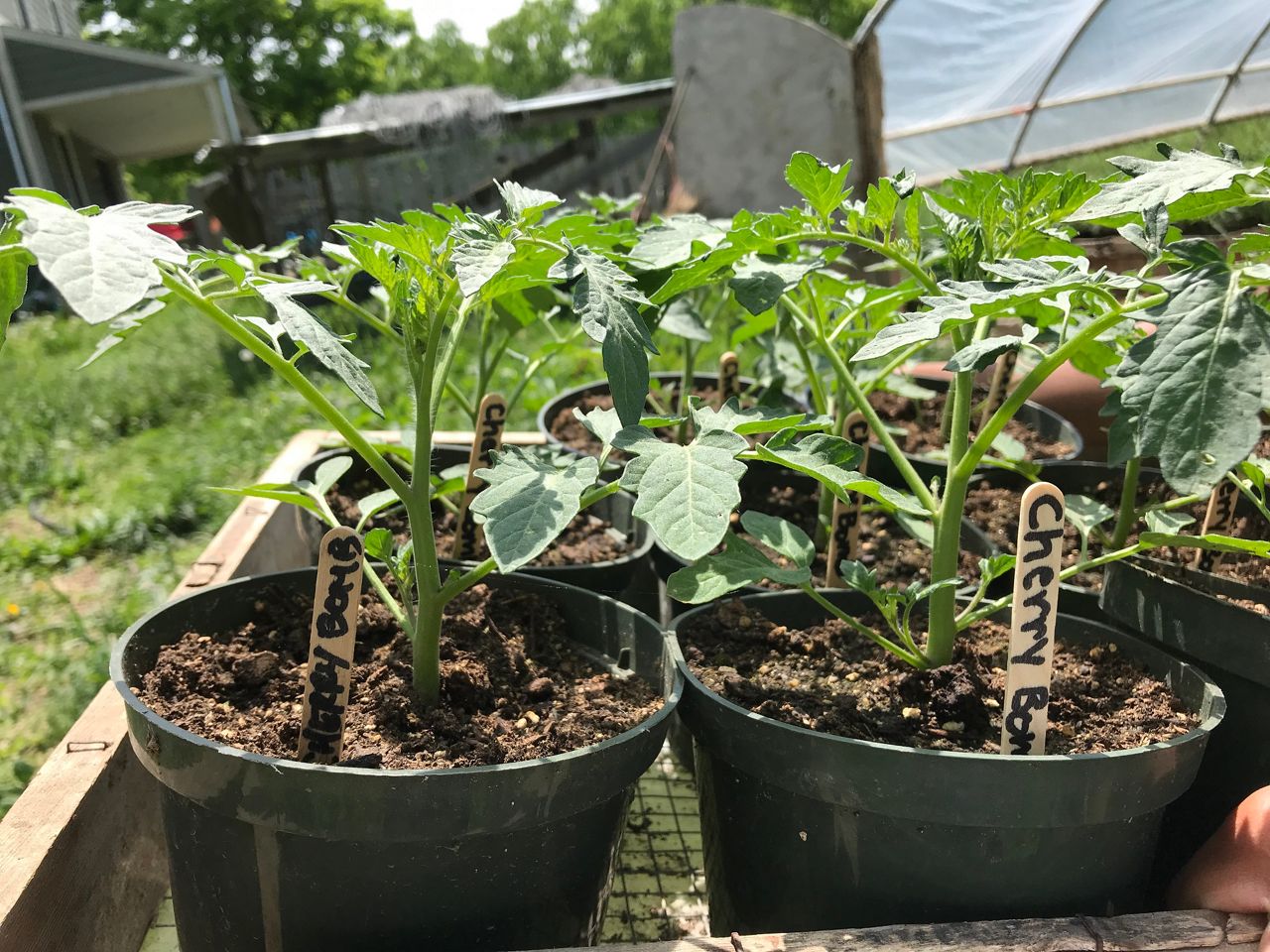
Trapp Family Farm offers a farm stand during growing season, with an array of fresh produce and eggs. (Spectrum News/Jennifer Conn)
Trapp and his wife, Emily, were selected to join the Countryside Initiative program in 2012. Since they took over the farm, the Trapps have had two daughters, ages 3 and 5. Emily Trapp is a full-time nurse who, despite a busy pandemic year, helps out on the farm.
“I didn’t see any people in my engineering jobs that were happy, like senior people, that were happy or spending a lot of time with their families,” Mark Trapp said. “Not to say that this is a magical solution to that, because I’ve rarely seen my kids today, but I have seen them.”
He was looking for a program like the New Farmer Academy when this farm came open, he said.
“In retrospect, that would have been really valuable,” he said.
But Trapp didn’t take over this farm cold. Before applying to the Countryside Initiative, he worked on a farm in Brooklyn Heights for three years while working as an engineer. He later trained with an Amish farmer, which gave him experience farming with horses.
“When I first started, I couldn’t plow straight, but now I can at least plow straight,” Trapp said, “He gave me that foundation, you know, kind of hands-on learning some stuff with the horses.”
The Interns
On this day, the interns, 21-year-old Nunn and 18-year-old Leipold, are moving young plants out of the green house and doing other chores while Trapp fixes a problem with his water system.
A worker from the national park service is also on hand, helping with the water issue. In the Countryside Initiative program, the tenants work the farms but infrastructure problems fall to the park service, which owns the properties.
Nunn, who spent the last year studying biology at Antioch College, said she learned about the New Farmer Academy through her mom who runs a nonprofit community garden.
Nunn spent most of her first-year internship working at the academy’s home base, a farm next to Old Trail School, also in the national park.
Working at the academy farm with its crops and greenhouses was a good refresher for her in the sciences and learning about season-extension, she said. The academy’s classroom lessons also happen there.
“It also introduced a lot of new concepts to me, especially a lot of the science and, you know, the technical doings behind agriculture,” she said. “There’s a lot of intricacies behind what’s happening there, so the classroom setting was a really great place for me to learn.”
Now, Trapp Farm is introducing her to her main interest — livestock.
“I wanted to both learn how to care for sheep and beyond that eventually get my own sheep farm,” Nunn said. “They specifically placed me at this farm because they have sheep. So they’re really great about accommodating what you want to learn and how you want to learn it.”
Nunn is primarily interested in processing wool, and using natural substances for dyes, like berries, and avocado and onion peels, she said.
Leibold recently graduated from Woodridge High School in Cuyahoga Falls. He enjoys his time at Trapp Farm, he said, as well as gardening and connecting with the natural world.
“It’s a way of life,” he said. “But if it’s your path, you’re going to know for sure.”
Leibold has been connected to Countryside for some time, in part through his involvement with 4-H and Junior Fair programs, he said. In 4H, he worked with poultry and rabbits.
He participated in the New Farmer Academy to get more involved with Countryside and the local food community, but he’s not sure yet in what capacity, he said.
“I’m trying to face the future with as few expectations as possible,” he said.
What is certain, even though he doesn’t want to farm for a living, he enjoys helping grow food that will be consumed locally, he said.
“There’s something about what we’re doing, growing good food in ways that are sustainable for the earth,” he said. “It’s so impactful for all the individuals involved and it’s healthier. This good food is medicine.”
Leipold sees among his peers a growing awareness that eating locally is becoming increasingly important, he said.
“I feel the tide shift. It’s just a matter of time,” he said.
Nunn’s peers also are becoming interested in where their food is coming from, she said, and want to learn more about how to provide for themselves, while helping the environment.
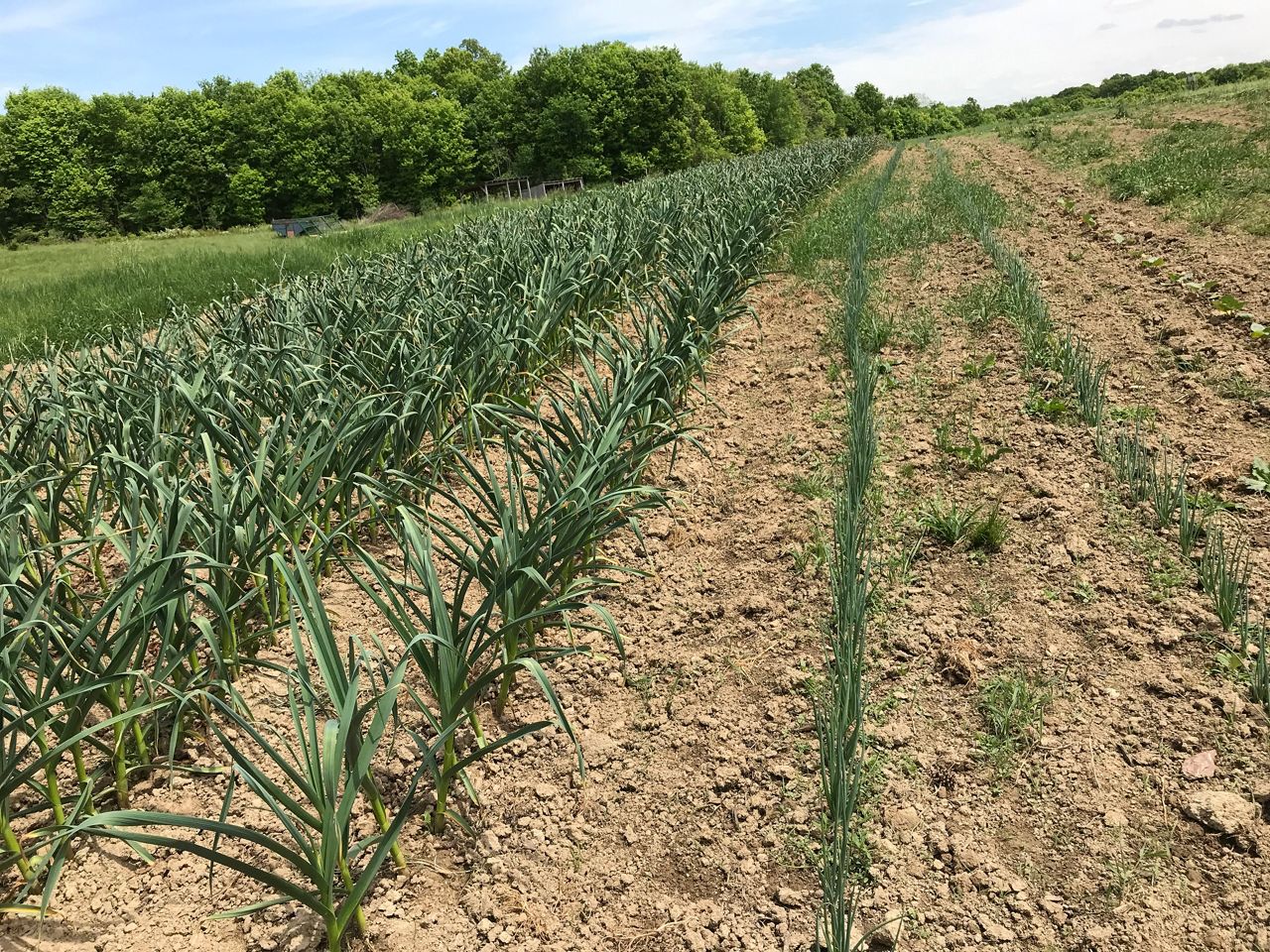
Trapp using rotational grazing and planting to enable the soil to become enriched without chemical fertilizers. (Spectrum News/Jennifer Conn)
“We’re on the cusp of the re-localization of our food,” she said. “It’s becoming so centralized, more and more centralized, until eventually it’s going to crumble and fall. We know it’s not sustainable.”
But many small local farmers fold in their first five years because they can’t make a profit, or they realize too late they bit off more than they could chew, Nunn said.
“That’s why I think this is such a great opportunity,” she said. “Because it’s so hard to navigate this road on your own. And I think that’s what’s barring a lot of people from entering into this field.”
One way the future could play out for young people who wish to farm is through co-op farming, Trapp said.
“There are a lot of farmers out there, and we’ve spoken to some of them, that want their land farmed but don’t want to sell to the highest bidder,” he said. “If you can work as an apprentice or an intern, and develop the skills, take a vision of a farm to one of those people and say, ‘Hey, this is what I can do with your land. This is what it can look like after 10, 20, or 30 years. This is how I want to treat it and this can be part of your legacy.’ I think a lot of people would bite at that.”
In part four of this series, Spectrum News1 Ohio explores Purple Skies Farm in North Royalton, Ohio, one of the mentor farms for interns in the New Farmer Academy of Countryside Initiative in the Cuyahoga Valley National Park.

